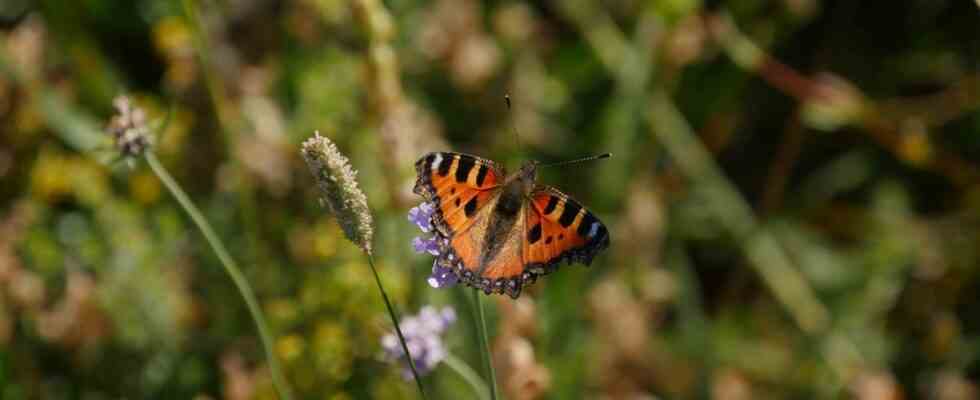Are you lucky enough to have a small, or even a large garden? Congratulations, you are participating, on your scale, in the conservation of a little biodiversity in the city. But you could do a little more. The associations of Ecologists of Euzière and Nature in Occitanie invite the owners of gardens in Montpellier (Hérault) and Toulouse (Haute-Garonne) to list the fauna and flora they house, in order to measure the importance that these private spaces for nature. And to understand how they contribute, at their own level, to the green fabric of cities.
“These are things that have not been studied much for the moment, says Sophie Dubois, coordinator of the Treasures of my garden project, at the Ecologists of Euzière. We especially know what happens in large urban parks. Very few in private gardens. “However, a hedgehog, a parakeet or a butterfly do not distinguish between these spaces, and “a very large proportion” of species flourishes in gardens that belong to individuals, confides the Montpellier biologist. “If we put all the gardens end to end, that makes very, very large spaces! »
Open your garden to experts
Residents are therefore invited to complete (here) a form that describes their gardens, and to share their discoveries over the seasons. If they wish, they can open their havens to experts, who will carry out more extensive inventories. The inhabitants who benefit in their residences, from a common garden, can also participate.
Once this data has been collected, it will allow associations to show communities how essential these gardens are for the ecosystem. Notably because they are essential links in the green fabric of cities: connected to other gardens or public parks, they allow species to circulate.
The idea is also to sensitize the inhabitants, and explain to them that in their gardens live flowers, plants or small animals that must be protected. The idea, “is to understand the ecosystem that lives in our garden”, explains Camille Dyrda, from the Nature association in Occitanie. And, as and when, that the people of Montpellier and Toulouse get to know their little roommates. “Instead of the inhabitants saying ‘Hey, there’s a bird!’, the objective is to determine what this bird is, for example, continues Camille Dyrda. Also explain that if there is one species, another will be present, etc. History to make them think twice, when they plan to cut a tree, or shave a hedge.

